Anne-Laure Le Cunff believes small changes lead to big results.
In Tiny Experiments, she shows how you can build better habits, make smarter decisions and design a life you actually enjoy — one tiny test at a time.
I thoroughly enjoyed this book, a thoughtful and practical way to try new things on a journey to increased purpose, and an antidote to the obsession with goals and strategies.
Below, I'm sharing my notes from the book as well as some practical takeaways.
What is a Tiny Experiment?
- A tiny experiment is a small, low-risk test you run in your life.
- It lets you explore new ideas without committing fully.
- You treat everything as a learning opportunity — not a pass/fail test.
Example: Instead of deciding to “become a runner,” you try running for two minutes a day for one week.
Why Tiny Experiments Matter
- Lower pressure: You feel less fear because the stakes are small.
- Faster feedback: You get real-world data quickly, not just guesses.
- Greater flexibility: You can adjust or stop at any time.
Anne-Laure argues most self-improvement advice fails because it demands too much change too fast. Tiny Experiments create progress without overwhelming you.
By focusing on these low-stakes exercises you can live more freely in a world that is obsessed with goals.
Foundation Work
Anne-Laure suggests that a starting point for Tiny Experiments is to keep a 'field notes' journal of how life is going for you. By capturing feelings and emotions at regular intervals, you have a source of data about you and your world.
This doesn't need to be a journaling exercise, but maybe just a note of random thoughts, ideas, emotions as they occur to you.
The aim here is to create a 'trail' that you can review as data for your experiments.
How to Run a Tiny Experiment
- Pick a question: What do you want to learn?
Example: “Will I feel more focused if I write first thing in the morning?” - Design a small test: Choose a simple action you can take.
Example: “Write for five minutes every weekday at 8am.” - Set a time frame: Give yourself an end date.
Example: “I’ll try it for five days.” - Reflect on the outcome - after the test, ask:
- What worked?
- What felt easy?
- What felt hard?
- What would I change?
The author describes these steps as 'making a pact' with yourself.
You do not label the result as “success” or “failure.” You treat them as information.
Principles Behind Tiny Experiments
- Curiosity over perfection - Focus on learning, not proving you are right.
- Iteration over intensity- Improve through repetition, not massive effort.
- Sustainability over speed - Build habits you can maintain, not quick fixes.
Anne-Laure reminds us: “If it feels too big to start, it is too big.”. I love this approach to thinking about something new.
Real-Life Applications
Examples of pacts that can drive real world achievement and learning are throughout the book, I pulled some out that resonated with me"
Building New Habits
- Instead of “meditate daily forever,”
- Try “breathe deeply for 30 seconds every morning for one week.”
Making Career Moves
- Instead of quitting your job tomorrow,
- Try volunteering for a project in your area of interest.
Improving Wellbeing
- Instead of launching into an extreme fitness plan,
- Try stretching for five minutes before bed for five days.
Anne-Laure refers to these ideas as “prototyping your life.” None of them feel like they are BHAG (big hairy-assed goals) but achievable nuggets that help you feel like you are making progress day by day.
The Mindset Shift You Need
Tiny Experiments encourage you to value learning over winning. In coaching, I often talk to people about using experiences as data for future improvements. By carrying out experiments, you are creating MORE feedback to learn and grow from.
Most people ask “How can I succeed?”, Tiny Experimenters ask “What can I discover?”
This shift builds resilience. It turns every outcome into progress.
Favourite Quotes
- “Action is the fastest form of clarity.”
- “When you shrink the stakes, you grow your courage.”
Practical Takeaways for You
- Start ridiculously small: If it feels easy, you are doing it right.
- Frame it as an experiment: You are testing, not committing.
- Review without judgement: Every result is useful.
- Stack experiments over time: Progress builds faster than you think.
Questions to Ask Yourself
- What tiny experiment could I run this week?
- Where am I stuck because I fear getting it wrong?
- How would my life change if I saw everything as a test?
Final Thought:
You do not need to have it all figured out. You just need to be willing to test, learn and tweak.
Tiny experiments make growth safe, doable and fun.
What tiny experiment will you start today?
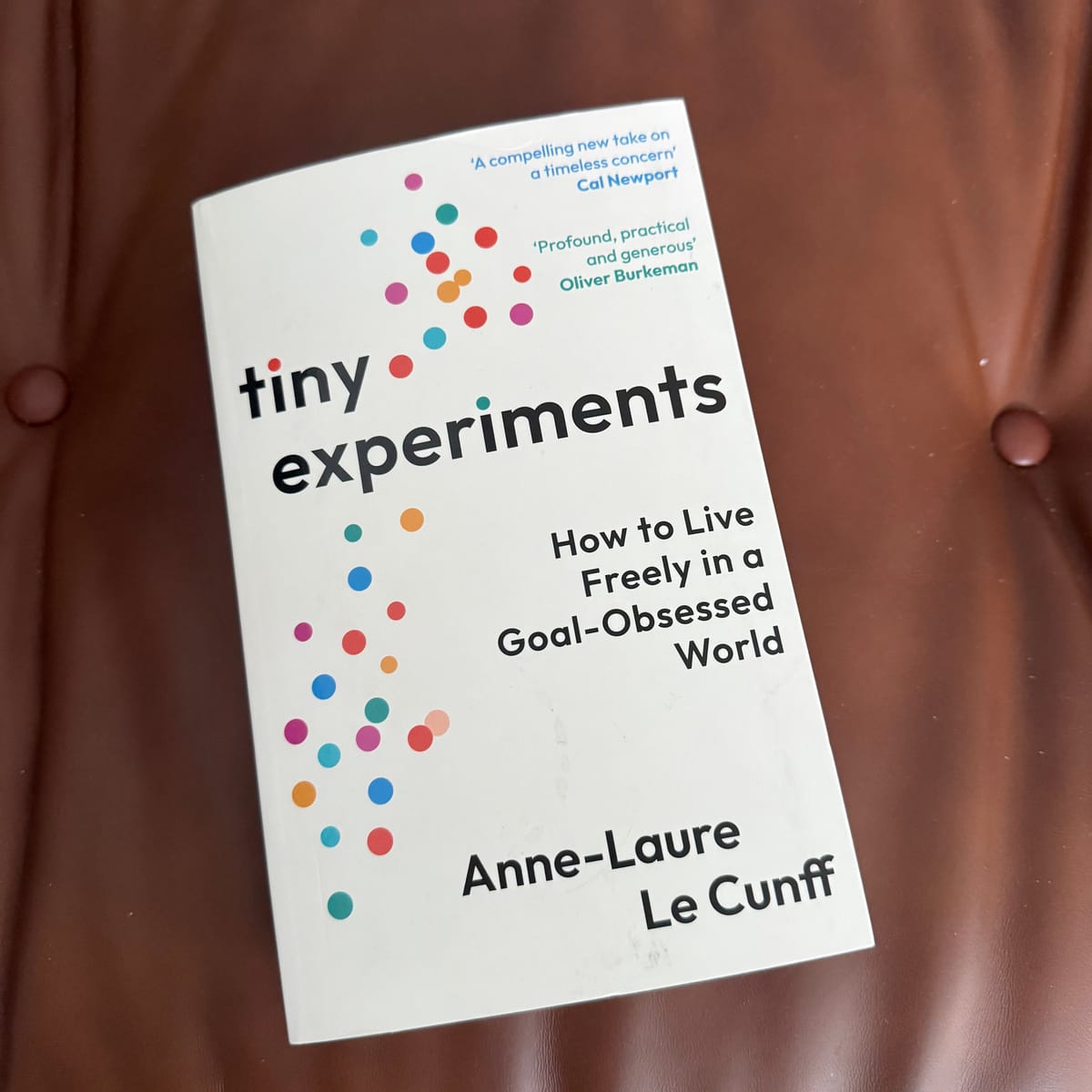
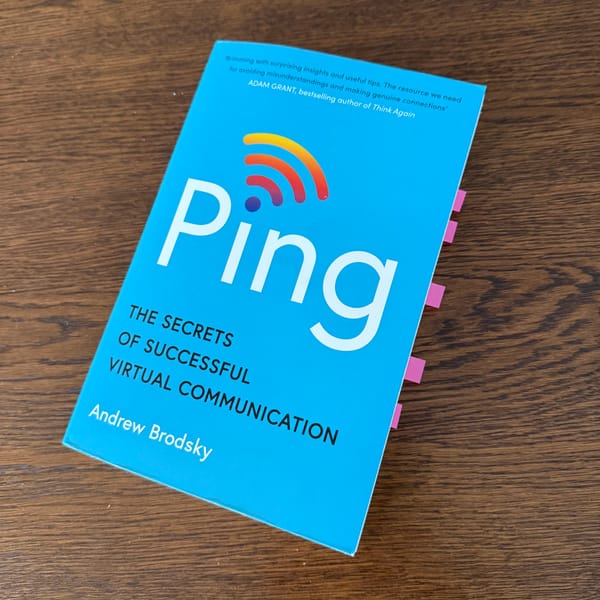
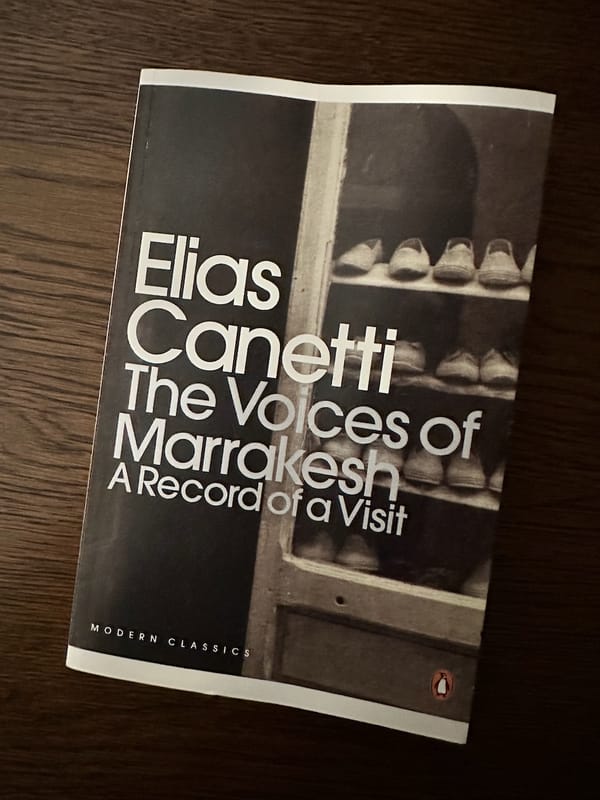
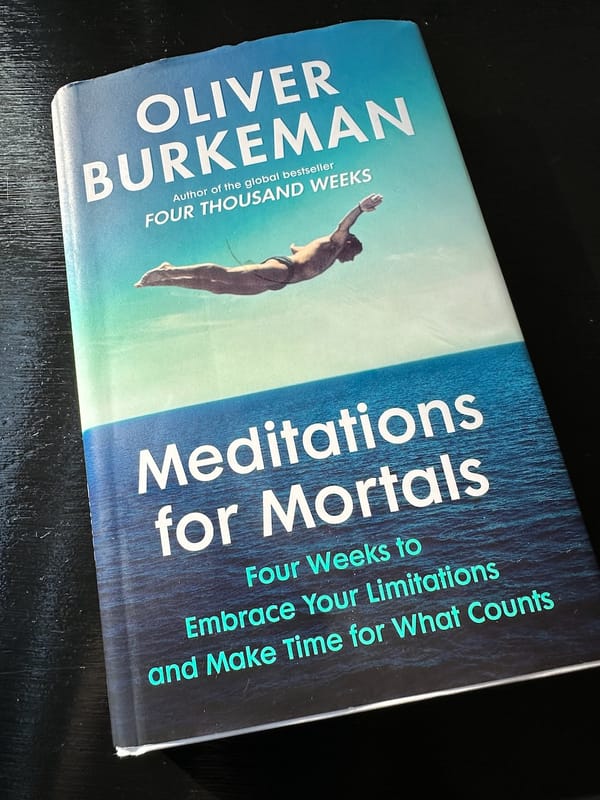
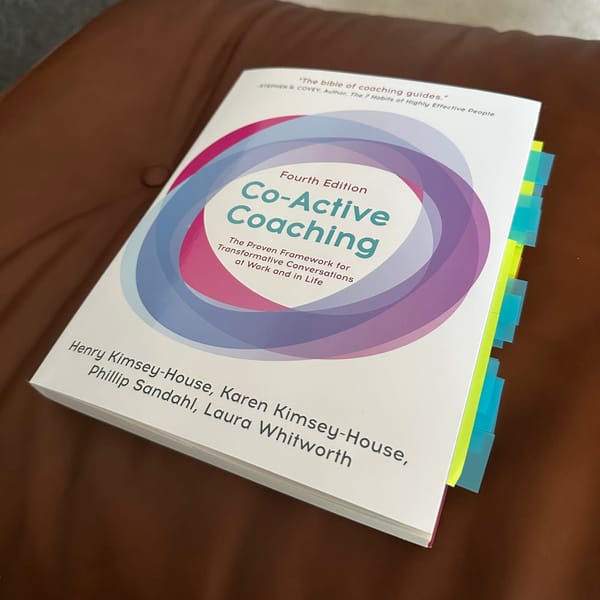
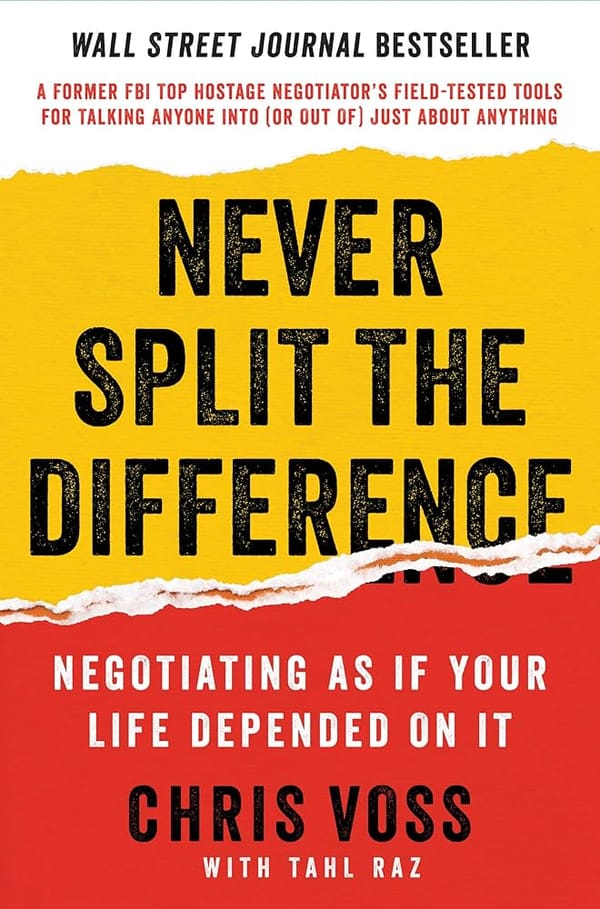
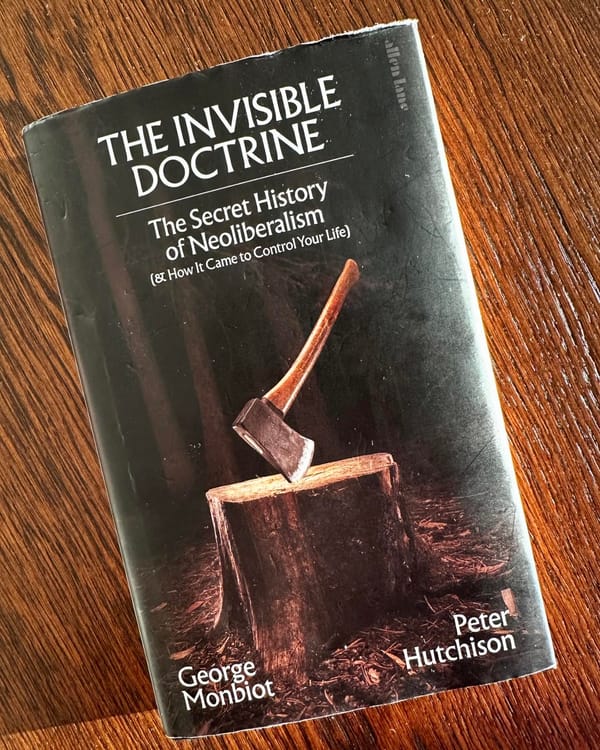
Member discussion